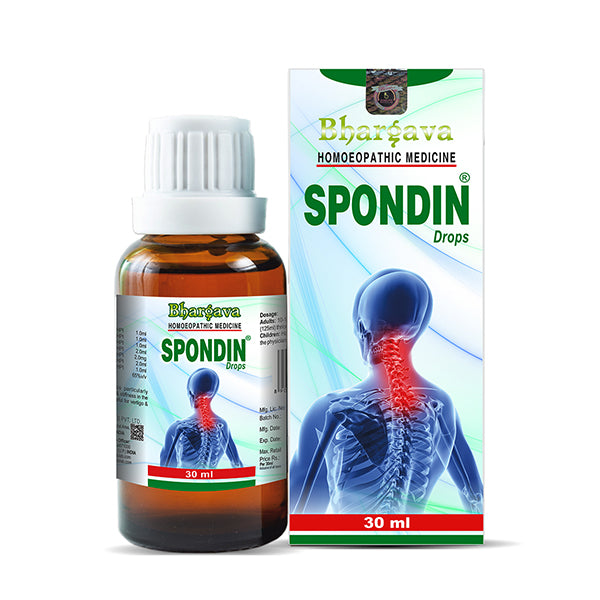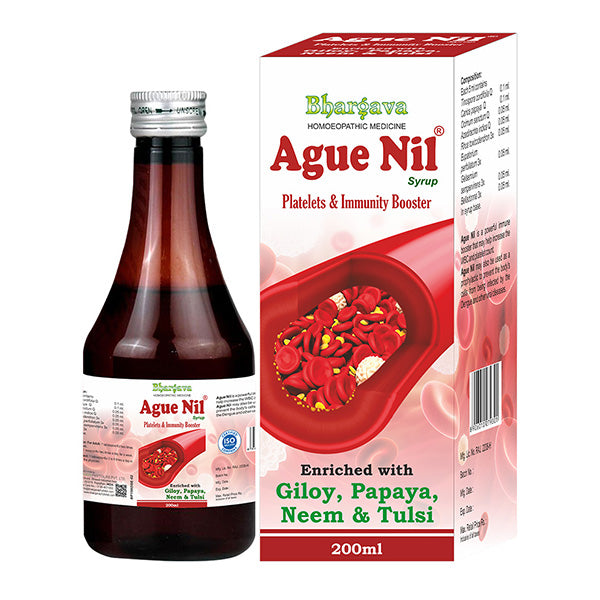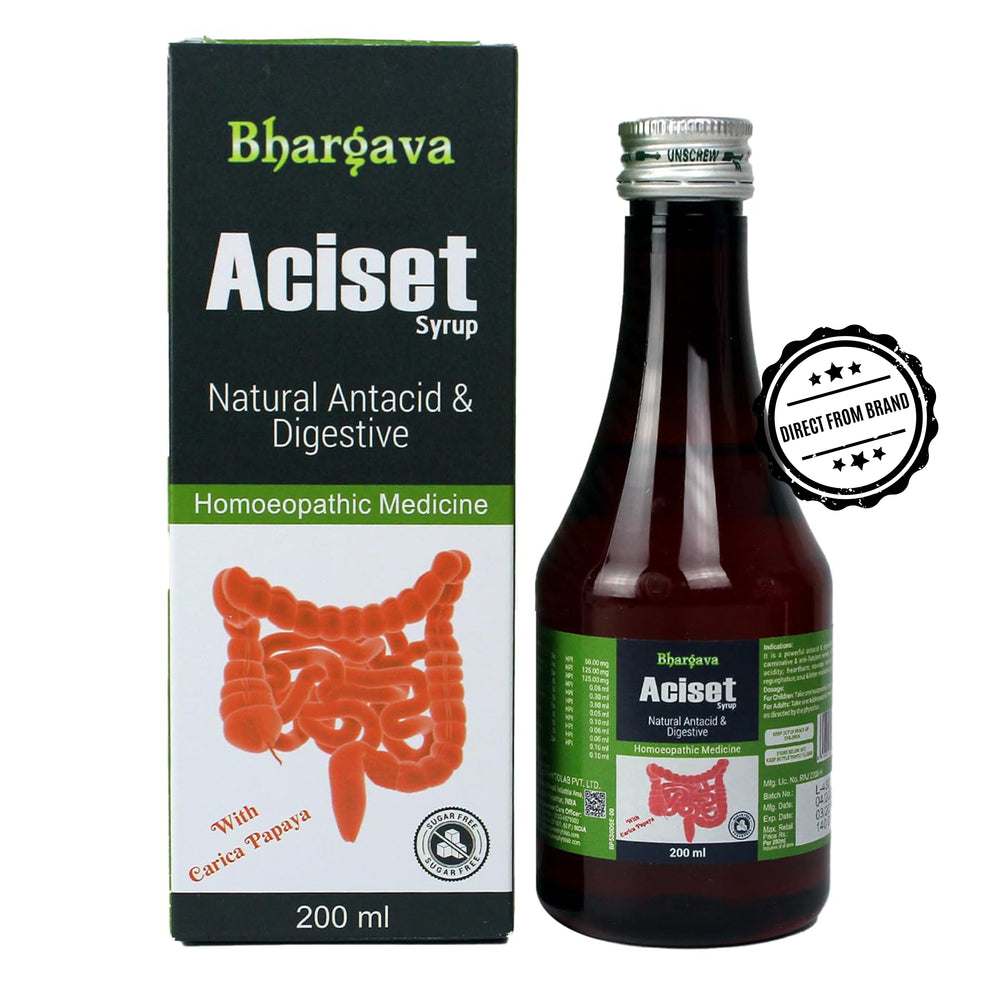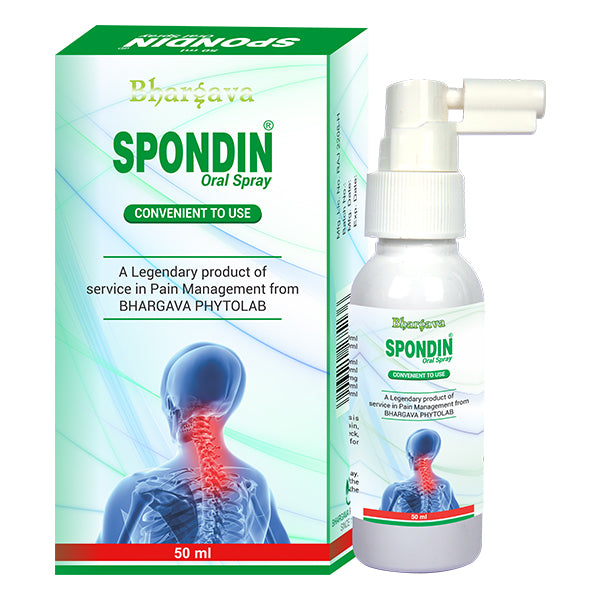Your little one does not let you sleep or nudge you off the track always. You feel tired and sometimes the sleepless numb, itchy eyes and limbs irritates you, but when the little devil sleeps peacefully you are the happiest as a parent. But when he/she refuses to eat, or stops playing and nags always, that may be the warning sign for something serious. Our heart skips a bit. Could it be a regular viral fever or something more serious? Here in this blog, we will walk you through the most prominent dengue symptoms that are visible in a child.
What is Dengue? Types of Dengue
One of the most common forms of illnesses which is dreaded by most Indians is fever and dengue being one of the deadliest. It impacts nearly 400 million people annually and many lose their lives. A mosquito-borne disease, dengue starts from the warm months of April and peaks in the rainy season. Though common amongst all age groups, children are more vulnerable to this disease as their immune system remains weak at younger age and they are more involved in outdoor activities.
Dengue fever is a viral infection or a flu like disease, caused by dengue virus, which spreads through the bite of a female Aedes mosquito, typically known as the ‘tiger mosquitos’. The mosquitos have white pale stripes in their body. Generally breeding in warm, humid and swampy areas where stagnated water is plenty. Unlike other insect borne diseases where the fly or the insect bites the infected at night, in case of dengue the matter is completely different as the mosquito bite happens at daytime especially two hours after sunrise and just before sunset.
Types of Dengue Fever in a Child
While dengue fever can turn fatal, it has different types or stages of it in case of kids. They can range from low, mild to severe, depending on how their immune system reacts to the virus while infected. Mainly three main types of dengue fever that is usually noticed in kids. They are as follows:-
- Mild dengue fever- Mild dengue fever also known as ‘classic dengue fever’ is the less severe and most common fever that results in symptoms like flu, high fever, nausea,fatigue, vomiting and in some cases gum bleeding. As this kind of fever is not so severe or fatal, it does not require hospitalization.
- Dengue Hemorrhagic fever- DHF as it is commonly called, is one of the severe forms of dengue with symptoms like severe abdominal pain, shivering, high fever, vomiting and change in body temperature. It requires immediate medical attention and hospitalization.
- Dengue Shock Syndrome- DSS as it is commonly called in the medical terminology is the severest form of dengue that occurs in children. Characterized by abnormal haemostasis, an extreme condition wherein the blood pressure drops to extreme low levels, which may lead to organ failure. Various symptoms of DSS include low blood pressure, severe abdominal pain, weak and rapid pulse. This type of fever is lethal and requires immediate medical attention and care in an intensive care unit.
7 Symptoms of Dengue Fever in Children
Noticing the warning signs of dengue in children is essential to provide medical help and start treatment early.
- High Fever - Dengue usually starts with a sudden mild to severe fever ranging up till 104 degrees. This can range from 2-7 days and this is the first noticeable symptom.
- Severe headache- Intense headaches especially round and behind the eyes are very common. These headaches are really painful and can stay for days if left untreated.
- Joint and muscle pain- Called ‘breakbone’ fever, dengue can be really painful with acute joint and muscle pain which feels like bones breaking.
- Nausea and vomiting- Feeling like vomiting and nausea are one of the most common symptoms. It can occur mostly due to dehydration, so staying hydrated is the key.
- Skin rash- Spotting rashes in your skin after the fever occurs is one of the symptoms parents can spot in a child. It can look like red spots and can cause itching.
- Fatigue and weakness- Extreme tiredness and fatigue can be one of the symptoms children face while they get dengue. This fatigue lasts for weeks also when the fever is gone and recovered.
- Mild bleeding- Symptoms like nose bleeding, gum bleeding and easy bruising can occur.
How Does Dengue Affect Your Child?
Dengue can be very fatal to children if it is not treated in the right way and at the right time. When a dengue mosquito bites a kid, a child can be affected in different ways and react differently. It can be from mild to severe to extra severe like hospitalization to intensive care also. Let’s dig deeper into the stages. Parents take a note of the stages minutely.
Mild cases- In mild cases, dengue often shows flu-like symptoms, such as high fever, headache, muscle pain, joint pain, nausea, vomiting, loss of appetite, and rashes, making kids feel fatigued and restless for a couple of days to a week. Even after the fever eases off, kids may still feel sickly , numb and weak in times of recovery.
Severe Dengue Fever
Severe forms of dengue fever, such as dengue hemorrhagic fever (DHF), can cause internal bleeding due to leakage in blood vessels. Children may also experience intense abdomen pain, low blood pressure leading to dengue shock syndrome (DSS). These are all serious conditions that require immediate medical attention.
Hospitalisation and intensive Care- In severe cases, children with dengue may require hospitalisation, especially if they are at the risk of developing dengue hemorrhagic fever or dengue shock syndrome. Children may also be hospitalized for IV fluid to prevent dehydration and manage blood pressure. While mild dengue fever symptoms may not require hospitalisation, severe cases may require immediate hospitalisation and intensive care.
Emotional and Psychological Effects
Hospitalisation and medicines may take a toll on the mental health of both kids and parents making them fearful and anxious about the treatment. As kids suffering from dengue have to miss school and activities until recovery from the illness, the whole isolation period can have a huge impact on a child’s social and emotional life, making recovery challenging.
Preventive Measures for Dengue in Children
It is to be noted that dengue fever cannot be prevented by any vaccine as there is no vaccine. So some steps like-
-
Using mosquito nets
-
Keeping your environment clean. Free from any garbage, water stagnation and gutter
-
Enabling mosquito control initiatives in areas where mosquito breeding is more like- fogging or insecticide spraying
-
Keeping oneself updated with dengue outbreaks around the place.
Final Thoughts
One of the most common mosquito borne diseases of the tropical and sub tropical areas of the world, poses serious risks in human beings, especially in children. So parents should take extra care and precaution to protect their children and save their child. If detected, it requires early detection and immediate medical intervention. Protecting children from mosquito bites and keeping a mosquito safe environment is the key to prevention of this dreaded dengue disease.
FAQ’s
Q1. What are the symptoms of dengue fever?
Typical symptoms of dengue fever include high fever, severe headache, sore muscles and pain behind the eyes.
Q2. What is the first sign of dengue fever in kids ?
Dengue fever has some typical symptoms in kids. In general the first signs are a sudden high fever along with flu-like symptoms like nausea, body ache, headache and sometimes vomiting too.
Q3. How to take care of dengue patients?
The big answer to this question is rest. Apart from rest, ensuring that the body is properly dehydrated, try managing fever and body pain with paracetamol and always check the fever.
Q4. Can dengue fever occur to the same person twice?
Yes, dengue can occur to a person twice in life. There can be four different strains of the virus and infection from one strain cannot protect us from another one. So, prevention is the key in this aspect.
Q5. Which fruits can cure dengue fever?
Few fruits are really helpful in curing dengue. Some recommended fruits are-coconut water, oranges, kiwi, grapefruits, strawberries, papaya, watermelon, cucumber, pomegranate, mango and pineapple.
Q6. How can you protect your children from dengue fever?
Protecting your child from dengue, we must take some key measures. Using repellents, dressing in protective clothes, keeping doors and windows closed or screened at dawn and dusk, and sleeping under mosquito nets to avoid mosquito bites. Additionally, empty and clean containers that hold standing water on a regular basis to get rid of mosquito breeding grounds around your house.











